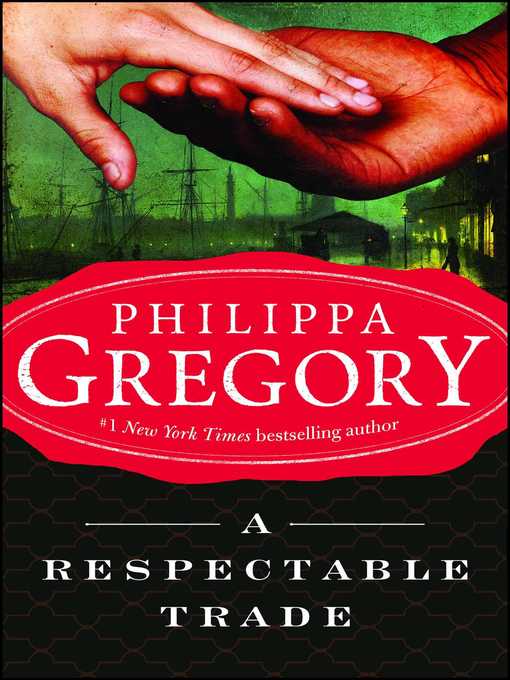
A Respectable Trade
کتاب های مرتبط
- اطلاعات
- نقد و بررسی
- دیدگاه کاربران
نقد و بررسی

January 8, 2007
This moral spellbinder, set in Bristol, England, in the slave-trading 1780s, is being freshly issued a decade after publication Although the sentences are not as fine as in Gregory's current work (The Other Boleyn Girl etc.), and the plot takes some awkward leaps, the book brilliantly shocks the conscience with its intimate and unsparing portrait of slavery. It's a romance, but not a sentimental one, built around the impossible love between white slave owner Frances Scott Cole and the black African Mehuru, a priest and adviser to his king before being kidnapped and designated as property. A strength of the book is that although Gregory, as usual, makes us feel the second-class status of 18th century women, she draws no cheap comparison between Frances's status as silk-clad chattel (to her gaspingly ambitious slave-trader husband, Josiah's) and the rigors and terrors of a black slave's life. Superb portraits abound, especially that of Josiah's sister, Sarah, a cranky spinster who makes poetry of her pride in being a member of the trading class, eagle-eyed at the account books. Gregory's vivid portrait leaves one feeling complicit; as the abolitionist Doctor Hadley notes: "the cruelty we have learned will poison us forever."

September 18, 2006
This moral spellbinder, set in Bristol, England, in the slave-trading 1780s, is being freshly issued a decade after publication Although the sentences are not as fine as in Gregory's current work (The Other Boleyn Girl etc.), and the plot takes some awkward leaps, the book brilliantly shocks the conscience with its intimate and unsparing portrait of slavery. It's a romance, but not a sentimental one, built around the impossible love between white slave owner Frances Scott Cole and the black African Mehuru, a priest and adviser to his king before being kidnapped and designated as property. A strength of the book is that although Gregory, as usual, makes us feel the second-class status of 18th century women, she draws no cheap comparison between Frances's status as silk-clad chattel (to her gaspingly ambitious slave-trader husband, Josiah's) and the rigors and terrors of a black slave's life. Superb portraits abound, especially that of Josiah's sister, Sarah, a cranky spinster who makes poetry of her pride in being a member of the trading class, eagle-eyed at the account books. Gregory's vivid portrait leaves one feeling complicit; as the abolitionist Doctor Hadley notes: "the cruelty we have learned will poison us forever."
Copyright 2006 Library Journal, LLC Used with permission.

























دیدگاه کاربران